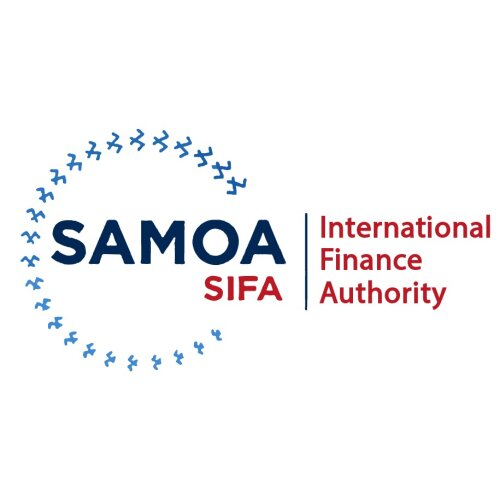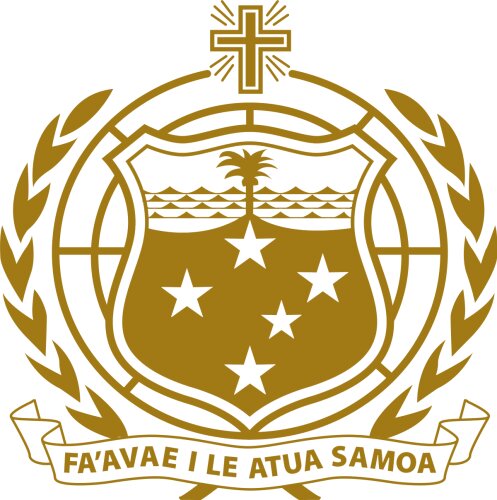Best Business Lawyers in Samoa
Share your needs with us, get contacted by law firms.
Free. Takes 2 min.
Or refine your search by selecting a city:
List of the best lawyers in Samoa
About Business Law in Samoa
Business in Samoa is governed by the Companies Act 2001 and the Business Names Act 2012. These laws regulate the formation and operation of companies, partnerships, and sole proprietors in the country. It is essential for businesses to comply with these laws to ensure legal protection and smooth operations.
Why You May Need a Lawyer
Legal assistance may be required in various situations in Business, such as drafting and reviewing contracts, resolving disputes, obtaining licenses and permits, dealing with tax matters, and ensuring compliance with relevant laws and regulations. A lawyer can provide guidance and representation to protect your interests and ensure your business operates within the law.
Local Laws Overview
In Samoa, businesses must adhere to requirements set out in the Companies Act and the Business Names Act. These laws govern corporate governance, accounting standards, registration procedures, and other vital aspects of business operations. Additionally, businesses in Samoa must comply with taxation laws, employment regulations, and any industry-specific regulations that may apply.
Frequently Asked Questions
Q: How do I register a business in Samoa?
A: To register a business in Samoa, you must submit the necessary documents to the Samoa Companies Registry and pay the required fees. This process may vary depending on the type of business entity you wish to establish.
Q: What are the tax obligations for businesses in Samoa?
A: Businesses in Samoa are subject to corporate income tax, goods and services tax, and other applicable taxes. It is essential to maintain accurate financial records and comply with tax laws to avoid penalties.
Q: How can I protect my intellectual property in Samoa?
A: Intellectual property can be protected in Samoa through registration of trademarks, patents, and copyrights. Consulting with a lawyer specializing in intellectual property law can help you navigate the registration process and safeguard your rights.
Q: What are the requirements for hiring employees in Samoa?
A: Employers in Samoa must comply with labor laws pertaining to minimum wage, working hours, holidays, and other employment conditions. It is advisable to seek legal advice when hiring employees to ensure compliance with these laws.
Q: How can I resolve a business dispute in Samoa?
A: Business disputes in Samoa can be resolved through negotiation, mediation, arbitration, or litigation. A lawyer can advise you on the best approach to take based on your circumstances and help you achieve a favorable outcome.
Q: What are the regulatory requirements for starting a business in Samoa?
A: Before starting a business in Samoa, you must familiarize yourself with the regulatory requirements specific to your industry. This may include obtaining licenses, permits, and approvals from relevant government agencies.
Q: How can I ensure compliance with environmental regulations in Samoa?
A: Businesses in Samoa must adhere to environmental laws and regulations to minimize their impact on the environment. It is essential to conduct environmental assessments, implement sustainable practices, and obtain necessary permits to ensure compliance.
Q: What are the benefits of conducting due diligence before entering into a business agreement?
A: Due diligence involves thoroughly investigating a potential business partner, investment opportunity, or acquisition target to assess risks and ensure the viability of the venture. This process can help you make informed decisions and avoid costly mistakes.
Q: How can I protect my business assets in Samoa?
A: Business assets in Samoa can be protected through appropriate legal structures, contracts, insurance policies, and other risk management strategies. Consulting with a lawyer can help you develop a comprehensive asset protection plan tailored to your business needs.
Q: What are the legal implications of expanding my business operations in Samoa?
A: Expanding business operations in Samoa may involve legal considerations such as employment laws, tax implications, licensing requirements, and regulatory compliance. Seeking legal advice before expanding can help you navigate these complexities and ensure a smooth transition.
Additional Resources
For additional resources and assistance related to Business in Samoa, you may contact the Samoa Chamber of Commerce, the Ministry of Commerce, Industry and Labour, or seek guidance from legal professionals specializing in Business law.
Next Steps
If you require legal assistance in Business in Samoa, it is advisable to consult with a qualified lawyer experienced in Samoan business laws. They can provide tailored advice, represent your interests, and help you navigate the legal complexities of conducting business in Samoa.
Lawzana helps you find the best lawyers and law firms in Samoa through a curated and pre-screened list of qualified legal professionals. Our platform offers rankings and detailed profiles of attorneys and law firms, allowing you to compare based on practice areas, including Business, experience, and client feedback.
Each profile includes a description of the firm's areas of practice, client reviews, team members and partners, year of establishment, spoken languages, office locations, contact information, social media presence, and any published articles or resources. Most firms on our platform speak English and are experienced in both local and international legal matters.
Get a quote from top-rated law firms in Samoa — quickly, securely, and without unnecessary hassle.
Disclaimer:
The information provided on this page is for general informational purposes only and does not constitute legal advice. While we strive to ensure the accuracy and relevance of the content, legal information may change over time, and interpretations of the law can vary. You should always consult with a qualified legal professional for advice specific to your situation.
We disclaim all liability for actions taken or not taken based on the content of this page. If you believe any information is incorrect or outdated, please contact us, and we will review and update it where appropriate.
Browse business law firms by service in Samoa
Samoa Attorneys in related practice areas.
Browse business law firms by city in Samoa
Refine your search by selecting a city.












